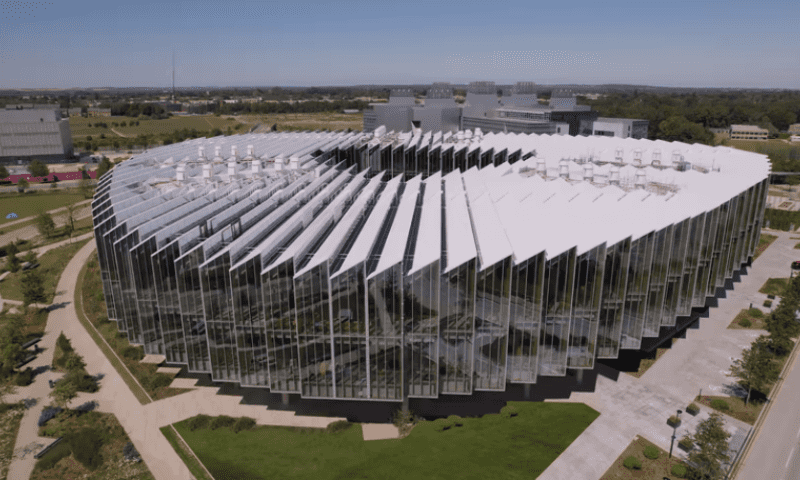AstraZeneca is keeping its foot on the gas on COVID-19 R&D, striking a deal to license RQ Biotechnology’s early-stage monoclonal antibodies against SARS-CoV-2 in a deal worth up to $157 million plus royalties.
The Anglo-Swedish Big Pharma has carved out a niche in the COVID-19 field with Evusheld, a long-acting anti-SARS-CoV-2 antibody combination that generated sales of $469 million in the first quarter. Evusheld is designed to provide at least six months of protection against COVID-19, making it a lifeline for people who are unable to mount an effective, lasting immune response when exposed to vaccines.
In seeking to build on the foothold provided by Evusheld, AstraZeneca has turned to RQ, a British biotech that just exited stealth after working for around a year to generate differentiated antibodies against the coronavirus.
“We were able to source lead antibodies very quickly,” RQ CEO Hugo Fry said. “We were able to sequence them, test them, then tweak them and test them again. That gave us a series of antibodies for COVID and early indications that we had something that would potentially be effective across the different COVID variants.”
AstraZeneca has secured a license to RQ’s existing pipeline of preclinical anti-SARS-CoV-2 antibodies and a right to exclusively license additional antibodies against the virus. In return, the company is paying an undisclosed upfront fee as part of a package worth $157 million plus single-digit royalties. If, as RQ believes based on preclinical data, the antibodies are effective against different variants, the deal could allow AstraZeneca to create combination therapies that are less vulnerable to the evolution of the virus.
RQ, which exited stealth with news of the AstraZeneca deal, grew out of the U.K.’s response to the COVID-19 pandemic. U.K. medical research charity LifeArc, the sole funder of RQ to date, was following the work of the BIA Antibody Taskforce in 2020. When the taskforce hit turbulence, LifeArc stepped in.
“With the rise of new variants at the end of 2020, the work just stalled and couldn’t move forward. We started speaking to some of the scientific leaders from that taskforce and they very much believed that together they were capable of generating some really powerful antibodies for COVID. So we decided to found a company,” Clare Terlouw, head of LifeArc Ventures, said.
LifeArc co-founded RQ with Mike Westby, Paul Kellam, Jane Osbourn and Gavin Screaton a little more than a year ago. In less than 12 months, the biotech produced manufacturable antibodies that showed enough preclinical promise to persuade AstraZeneca to ink a deal.
Fry, who used to work as managing director for Sanofi in the U.K., took up the CEO post at RQ in the belief that the pandemic has accelerated opportunities to use antibodies in the prevention of infectious diseases. The need for ways to prevent disease in people who cannot generate an immune response to a vaccine predates the pandemic, as does the potential for antibodies to address that need. But products such as Evusheld have helped validate the concept.
RQ plans to use its work on COVID-19 as a launchpad for a broader infectious disease business. Fry cites the use of antibodies in SARS, to protect newborns from respiratory syncytial virus—an approach pursued by AstraZeneca in partnership with Sanofi—and to contain measles outbreaks that occur despite the availability of vaccines as potential applications for the science. The CEO foresees a three-pillar approach to the management of infectious diseases that covers vaccines, antibodies and antivirals.

